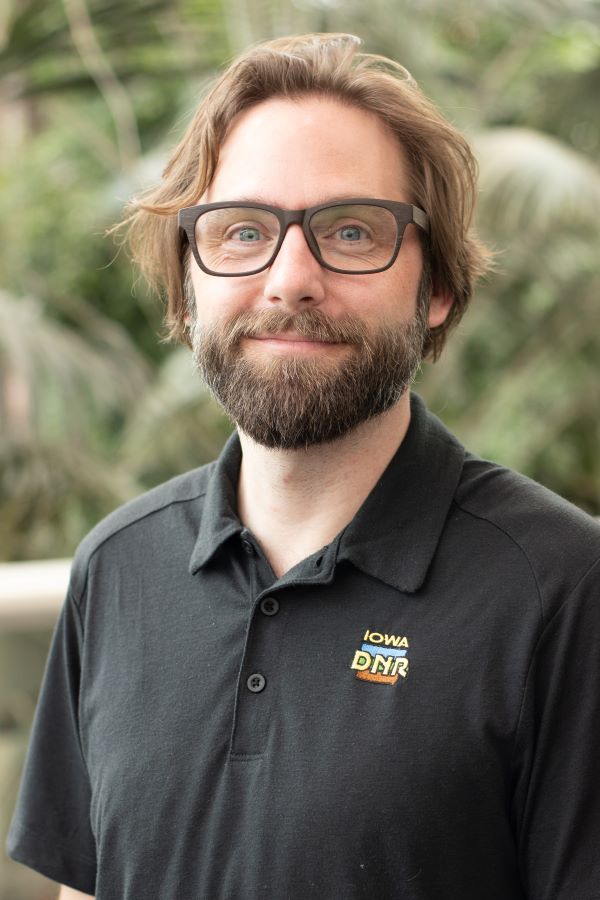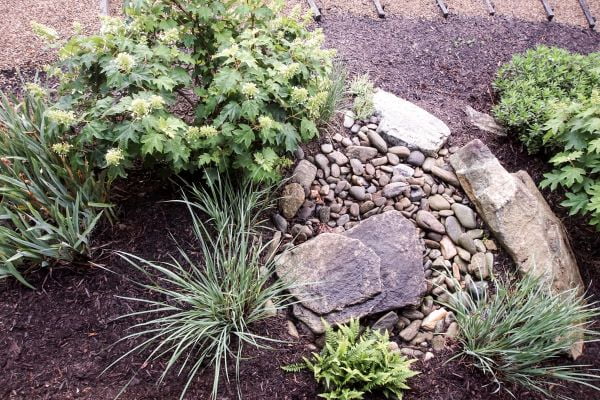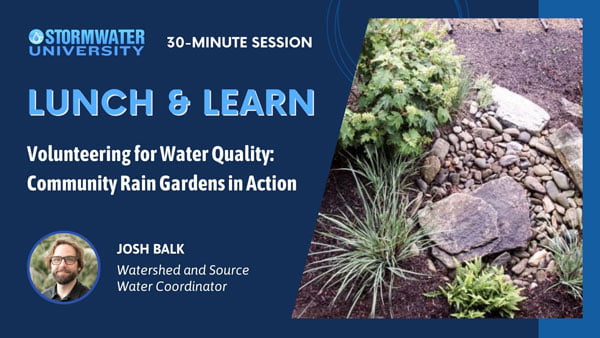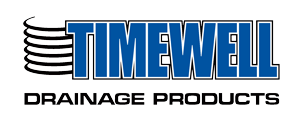Original Date: August 13, 2024
Speaker: Josh Balk
Credits: 0.05 CEU / 0.5 PDH / Approved for all Envirocert International, Inc. (ECI) Certifications: Approval # PDH-0046

Get the entire team trained! Click here to register a group or register on behalf of a colleague.
Even when technical assistance is offered and financial incentives are available, adopting conservation can still pose an obstacle for landowners. Administrative budgets are tight and pursuing grants are more competitive than ever. There are groups and individuals out there wanting to help improve their communities but are unsure how to get involved. A demonstration initiative here in the Dry Run Creek Watershed (Cedar Falls, Iowa) has turned these challenges into opportunities.
Over the last 19 years, the Dry Run Creek Watershed Improvement Project has utilized a variety of local, state, and federal grant funds and initiatives to address two state designated water quality impairments for high levels of bacteria as well as a low quantity and diversity of stream biology. While targeted milestones were being reached, there were still significant needs to connect with more landowners in diverse areas to achieve overall water quality improvement goals. Focusing on small-scale but easily implemented conservation opportunities and working to build up in quantity has opened up new doors within the watershed. Pulling together partners and supportive organizations, a local volunteer rain garden project was piloted in 2016. Since its inception, the program has expanded to train over 325 community members on rain gardens and then dedicated volunteer time towards their construction. The benefits of this initiative have been multifaceted including: significantly increase rain garden adoption rates throughout the watershed, substantially reduce cost to landowners by eliminating labor expenses, stretch limited grant dollars further with in-kind match, provide hands-on learning opportunities for volunteers, create feel-good public relation promotions, and strengthen local partnerships.
In an effort to help other communities address localized stormwater issues, increase citizen engagement, and open new opportunities for homeowners regardless of their socioeconomic status, this presentation will highlight the benefits, challenges, and process related to this replicable program.
Learning Objectives
Upon completion of this presentation, attendees should be able to:
- Describe a successful and replicable small scale, conservation-focused, community-engaging, stormwater solution program, covering both the pros and cons of such an effort
- List examples of diverse partnership groups for volunteers to inspire attendees of individuals/organizations they can connect with in their own communities
- Compare rain garden implementation pre and post volunteer programs
- Explain financial savings for both the homeowners and the watershed project grant funds
About the Presenter

Josh Balk
Josh Balk is a Watershed and Source Water Coordinator with the Iowa Department of Natural Resources. For the last nine years, Josh has focused primarily on the Dry Run Creek Watershed Improvement Project in Cedar Falls, Iowa. Josh is a University of Northern Iowa alumnus with a bachelor’s degree in Earth Science.






